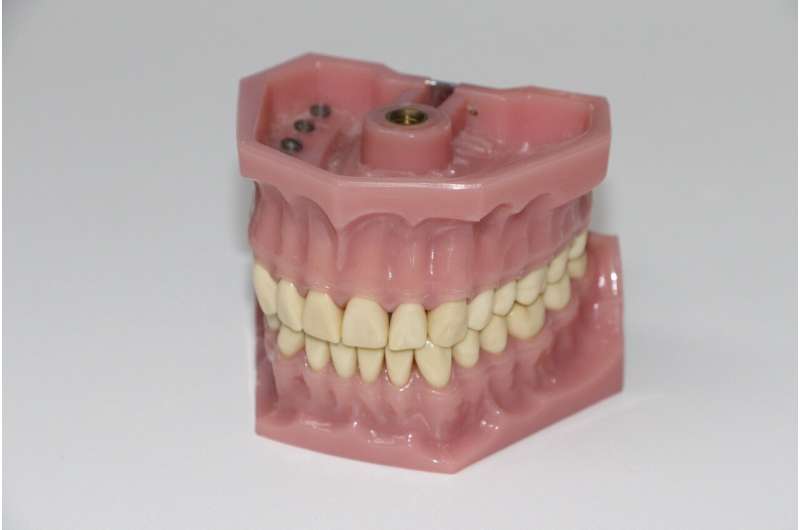How seniors perceive oral health may make all the difference whether they will seek treatment, according to study

How do senior citizens perceive the importance of their oral health? The answer to that question might make all the difference whether they'll decide to seek treatment.
New research at the School of Dental Medicine at Case Western Reserve University looks to change the strategy in identifying seniors' perception. The idea is to find a correlation between seniors who value dental care and those who seek it out, despite the cost, transportation to appointments and other common barriers.
With this information in mind, researchers hope to get this on the radar of providers and practitioners to help change these perceptions.
Sound like common sense?
Fittingly, researchers used an approach known as the Common Sense Model of Self-Regulation, a new psychological framework describing a person's perception of chronic issues that drive coping and action-planning.
In other words, changing perceptions is a key component important in restructuring older adults' perception of dental conditions, and subsequently improving oral health quality of life.
Suchitra Nelson, professor of community dentistry and assistant dean of clinical and translational research at the dental school
"First, we wanted to develop a new survey instrument that can measure seniors' perception of oral diseases," said Suchitra Nelson, the study's lead author, professor of community dentistry and assistant dean of clinical and translational research at the dental school. "Once we can measure this, then we can design behavioral interventions to see if they seek treatment."
Researchers surveyed 198 residents age 62 and older from 16 senior housing facilities from around Northeast Ohio. A 43-item illness perception questionnaire assessed their cognitive and emotional representation of their dental condition. In addition, researcher also collected information on their demographics, the perceived condition of their teeth and gums, depression, social support and quality of life as it relates to their oral health.
Participants were then examined for any missing teeth, coronal and root caries and periodontitis.
"We speculate that if seniors value dental care, they'll seek it out," Nelson said. "Barriers—such as cost, transportation and other medical issues—should not interfere if beliefs about the importance of dental care are high enough."
The team's findings were published in the Public Library of Science.
Demographics—such as race, marital status, housing, level of education—didn't make much difference in the results, meaning that there was something else at work to explain why some seniors have more dental issues than others.
It all came down to perception, Nelson said.
The study also notes that the Common Sense Model can be used to design behavioral interventions to change perceptions about seniors' oral health.
More information: Suchitra Nelson et al. The psychometric properties of a new oral health illness perception measure for adults aged 62 years and older, PLOS ONE (2019). DOI: 10.1371/journal.pone.0214082

















